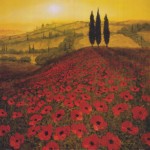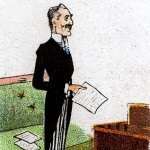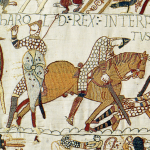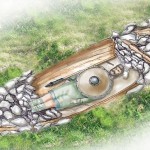 I don’t propose to rewrite all this post. However, there were a number of links which really are worth a look, and it would be a great shame if they were lost forever from the site. All are from the BBC.
I don’t propose to rewrite all this post. However, there were a number of links which really are worth a look, and it would be a great shame if they were lost forever from the site. All are from the BBC.
1. This link is an audioslide show. It describes how the house from where Wifred Owen wrote his last letter home in 1918 has been turned into a place of reflection and a celebration of his work.
2. This article reflects upon the incredible work of Brian Stevens. He visited the Cenotaph earlier this century, and asked some of the surviving veterans if he could take their photograph. The results support the old saying that a picture is worth a thousand words. Obviously, these people fought in the Second World War. However, in the 1990s, Steve Pyke did something very similar for First World War veterans.
3. This link shows a map and explains where the 3,740 British troops who have died since the end of the Second World War in 1945 died.
4. Finally, this magazine post really is worth a look. It inverts how we look at the losses of the two world wars. Incredible though it might seem, there are only fourteen settlements of village size or larger that did not lose someone in either war. Arthur Mee called them “the thankful villages”.
Mr Kydd.
 A couple of excellent articles from the BBC to mark the centenary celebrations of the ANC. This video contrasts its early roots as a party of liberation with its post-Mandela disappointments. This Today interview from Radio Four looks at the problems of “a one party democracy”.
A couple of excellent articles from the BBC to mark the centenary celebrations of the ANC. This video contrasts its early roots as a party of liberation with its post-Mandela disappointments. This Today interview from Radio Four looks at the problems of “a one party democracy”.











